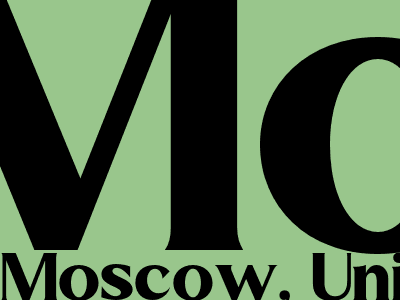
Moscow, Unity Day: A Celebration of Patriotism and Unity
Understanding the Significance of Unity Day
Unity Day, celebrated annually on November 4, holds immense significance in Russian history. It marks the anniversary of the liberation of Moscow from Polish invaders in 1612, a pivotal moment that solidified the country's independence.
The day commemorates the heroic deeds of Minin and Pozharsky, two national heroes who rallied the Russian people against foreign occupation. Their victory not only preserved Russia's sovereignty but also laid the foundation for the rise of the Russian Empire.
Unity Day Celebrations Across Russia
Unity Day is widely celebrated throughout Russia with parades, concerts, and patriotic demonstrations. Moscow, being the heart of the country, hosts some of the most elaborate festivities.
The main event is a grand military parade on Red Square, featuring thousands of troops, military equipment, and a flyover by fighter jets. The Kremlin also hosts a concert featuring traditional Russian songs and dances.
Promoting National Unity and Patriotism
Unity Day serves as a reminder of the importance of national unity. It fosters a sense of patriotism among Russians and encourages them to celebrate their country's rich history and culture.
The day promotes tolerance and understanding among different ethnic and religious groups in Russia. It highlights the significance of collective effort in overcoming challenges and working towards a common goal.
Historical Context of Unity Day
The Time of Troubles, a period of political instability and foreign intervention in Russia, led to the Polish occupation of Moscow in 1610. The situation seemed dire, with the country on the brink of collapse.
However, a wave of nationalistic sentiment swept through Russia. Minin, a butcher from Nizhny Novgorod, and Pozharsky, a prince, emerged as leaders of the resistance movement. They rallied an army of volunteers from all walks of life.
The Battle for Moscow and Victory
In October 1612, the Russian army marched towards Moscow. The Polish garrison, weakened by months of occupation and dwindling supplies, put up a fierce resistance.
After days of intense fighting, the Russian forces prevailed, forcing the Poles to retreat. On November 4, 1612, Moscow was liberated, and Russia's independence was restored.
Legacy of Unity Day
Unity Day has been celebrated in Russia since 1649, when it was established as a national holiday by Tsar Alexei Mikhailovich. It was discontinued after the Bolshevik Revolution but reinstated in 2005 by President Vladimir Putin.
Today, Unity Day remains a significant event in the Russian calendar, honoring the nation's history, fostering patriotism, and promoting unity among its citizens.